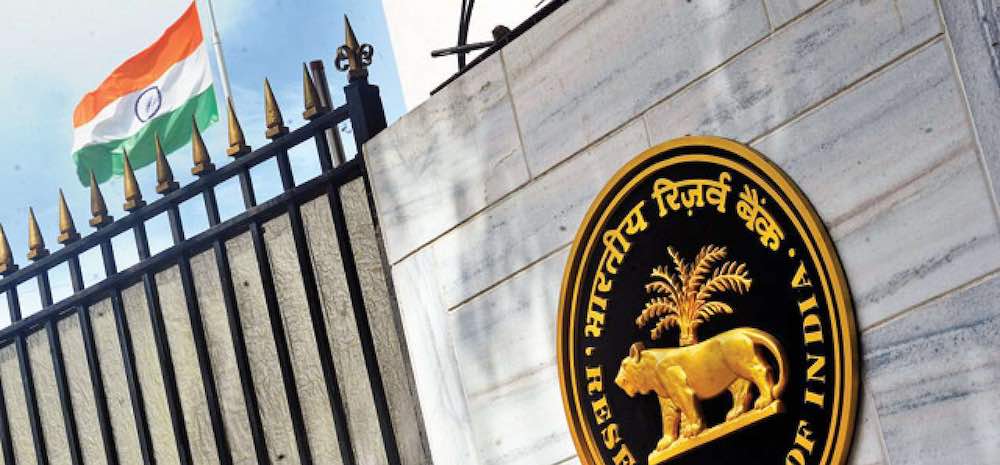RBI Will Control 1,540 Cooperative Banks With 8.5 Cr Customers, Rs 5 Lakh Cr Deposits; But Why?

RBI Will Control 1,540 Cooperative Banks With 8.5 Cr Customers, Rs 5 Lakh Cr Deposits; But Why?
In an attempt to address weaknesses in the cooperative banking sector and avoid duplication of scams like The Punjab and Maharashtra Co-operative Bank scam, the Parliament is likely to clear a Bill to amend Banking Regulation Act in the Budget Session.
Read to find out more…
What is Expected in the Budget Session?
Last month, The Union Cabinet headed by Prime Minister Narendra Modi gave approval to amend the Banking Regulation Act.
The proposed legislation is said to bring multi-state cooperative banks under effective regulation of the Reserve Bank of India (RBI) during the Budget session. There are 1,540 cooperative banks with a depositor base of 8.60 crore having total savings of about Rs 5 lakh crore.
The concerned Bill is likely to be passed during the second leg of the Budget session. The session will start today, March 02, 2020 and end on April 03, 2020.
Having undertaken a large number of measures, including clean up of public sector banks (PSBs), private sector banks, financial institution like IL&FS, non-bank financial corporations (NBFCs), housing finance corporations (HFCs), auditors, rating agencies, this is the last step in making the entire financial ecosystem almost impossible to be gamed, with security of depositors’ money being paramount.
What is this Bill About to do?
The legislation seeks to create a framework where cooperative banks follow the regulatory ambit under which the scheduled commercial banks fall. The move will ensure greater accountability and transparency in the functioning of cooperative banks, a government spokesperson said. Under this new exemption, the cooperative banks need to fulfil regulatory requirements set for scheduled commercial banks.
This would give the RBI the power to take control of weak co-operative banks. As per the new proposals, cooperative banks will need to take RBI approval for the appointment of CEO and do audits as per RBI guidelines.
Past Measures Taken by the Government to Ensure Safe Banking!
Rajiv Kumar, who demitted office as Financial Services Secretary on February 28, was an Establishment Officer in the Department of Personnel and Training before joining the Finance Ministry. He was contributory in many initiatives including streamlining of promotion and appointment process done by the Appointments Committee of the Cabinet (ACC).
As a result of various initiatives taken by the government under Rajiv Kumar, the number of PSBs under Prompt Corrective Action (PCA) is down from 11 in 2017 to four. As many as 12 out of 18 banks are in profit this year as against 19 out of 21 in loss two years ago with the help of record recovery and reduction in bad loans.
To strengthen the confidence of customers, the government has increased deposit insurance cover by five-fold to Rs 5 lakh to ensure security of public money in banks.
In the last couple of years, the Department of Financial Services has taken slew of steps to promote responsive and responsible banking.
The clean banking initiative ensured project cash flows were ring-fenced, enforcement of terms of loan agreements and prior validation of backward and forward linkages were made integral to lending processes.
Besides, the number of banks in loan consortium was capped, reducing borrowers’ ability to play one lender off against another. This was followed by data driven risk scoring and scrutiny, comprehensive diligence across data sources and strengthened credit assessment.
In the last five years, to ensure financial health of public sector banks (PSBs), recapitalization of Rs 4 lakh crore was undertaken. Provision coverage ratio reached a record high of 77 per cent. NPA and slippages are declining with improved asset quality.

Comments are closed, but trackbacks and pingbacks are open.